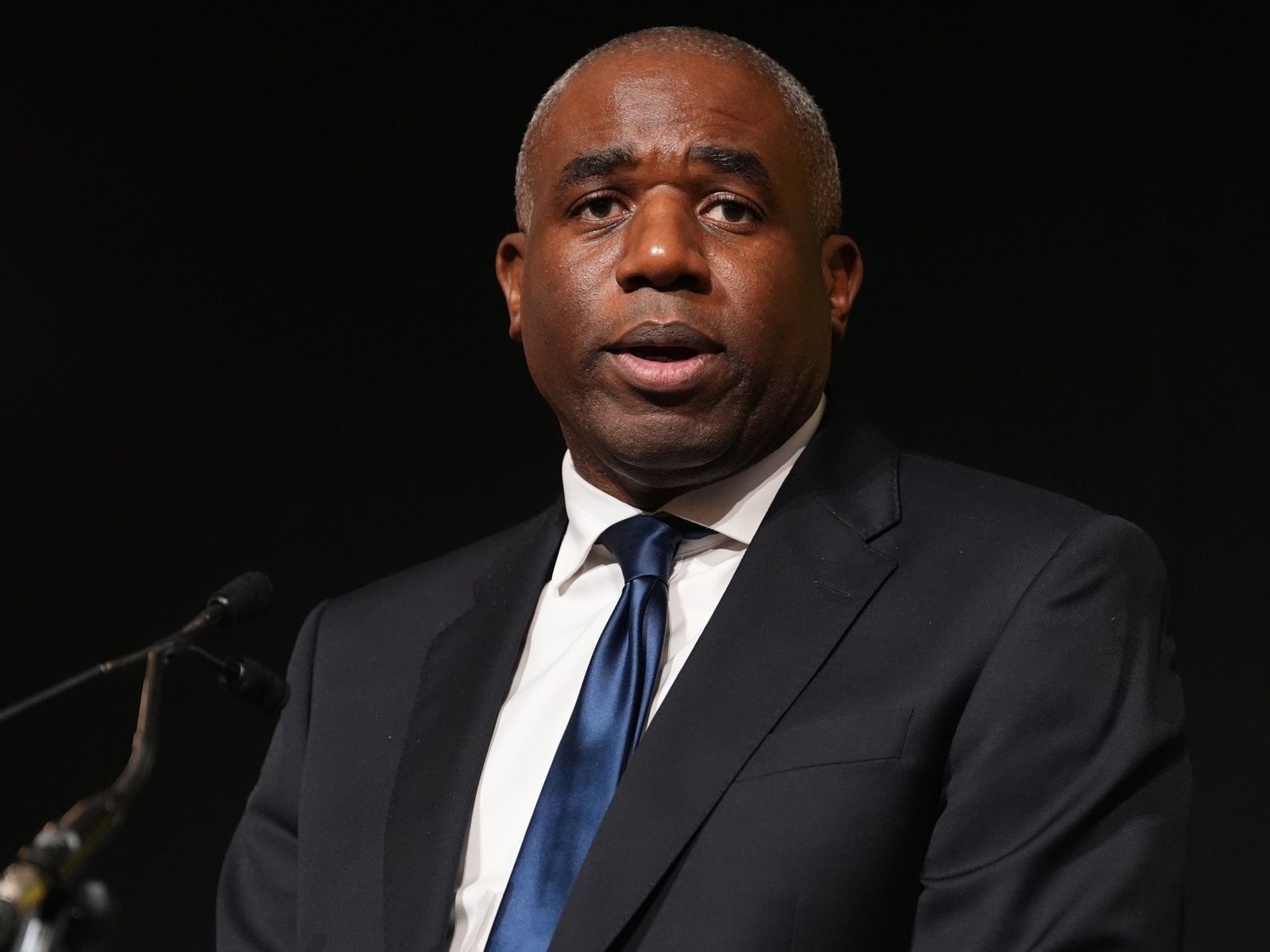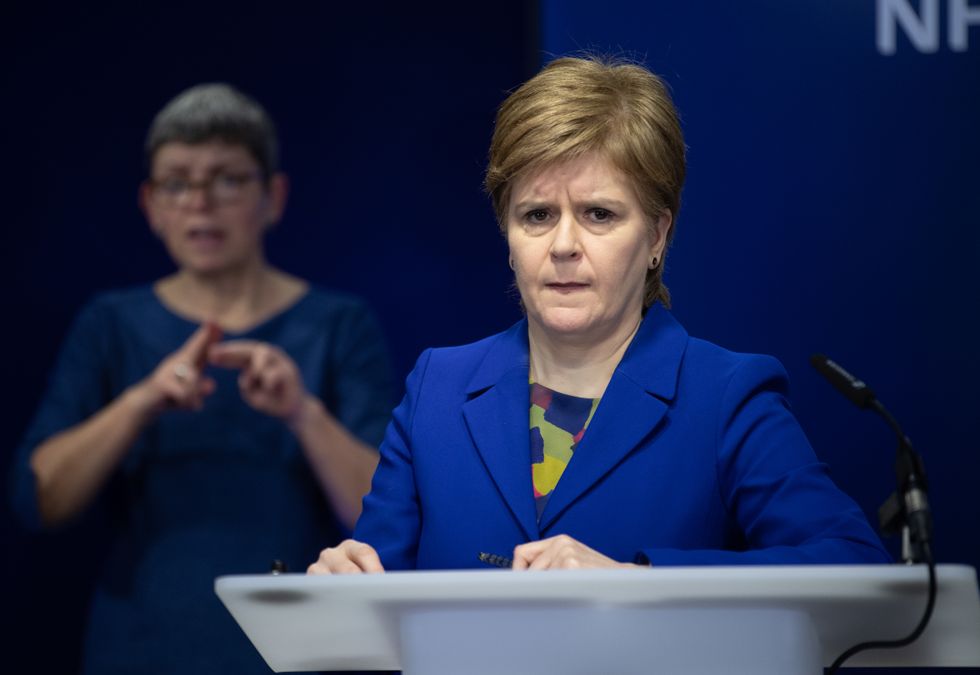Sturgeon's controversial gender self-ID laws prove IndyRef2 is ALWAYS part of the conversation for the SNP - analysis from Olivia Utley

To say that the Gender Recognition Reform Bill is controversial would be an understatement
Don't Miss
Most Read
Latest
That Nicola Sturgeon hates the Tories is news to no one. But would she go as far as to change the definition of what it means to be a woman merely in order to pick a fight with Rishi Sunak? Well that’s certainly what Telegraph columnist and Tory grandee Lord Charles Moore believes, and from the murmurings I’m hearing in Holyrood and Westminster, he is not alone.
To say that the Gender Recognition Reform Bill is controversial would be an understatement. The legislation, which was rushed through Holyrood late last year, has sent shockwaves rippling through Scotland. It’s a complex piece of law, but essentially it means that adult Scots will be able to change their legal sex after three months of living in their acquired gender, without any professional intervention.
Of course, such a seismic change to the statue book will have massive ramifications in Scotland. To give just one example, a male bodied person awaiting trial for sexual offences could hypothetically obtain a gender recognition certificate and end up in a women’s prison.
GB News' political reporter, OIlivia Utley.
GB News
Citing concerns such as this, MSPs from all parties, including a couple in Nicola Sturgeon’s inner circle, voted against the Bill last year.
And many seemed mystified by the First Minister’s personal determination to secure its safe passage through Parliament, given just how niche the issue is.
About 30 gender recognition certificates are granted to people born or adopted in Scotland each year, and the Scottish government estimates that if the bill passes, this could increase to 250 applicants a year.
Nicola Sturgeon's gender recognition bill has faced much criticism.
Lesley Martin
Could it be, then, that Nicola Sturgeon has an ulterior motive? Is it possible, in fact, that the bill is less about trans rights and more about the First Minister's favourite subject, Scottish independence?
That might sound like a far-fetched theory, but there is certainly evidence to support it. The UK Government is deeply concerned about the new law, because having a differing definition of the word woman either side of the border opens a legal can of worms.
In fact, Rishi Sunak and his ministers are now threatening to block it, arguing that it may be incompatible with the UK equality act.
The SNP is up in arms at such a suggestion, branding it an attempt by the UK government to undermine the democratic will of the Scottish people.
Which, surprise surprise, brings us back neatly to the issue of independence.
So is the First Minister simply passionate about the rights of 250 Scottish trans people? Or was she motivated, at least in part, by a desire to cook up a constitutional row that would distance Scotland from the rest of the UK?
Perhaps we'll never know. But one thing is for certain: ordinary Scottish women are well and truly caught up in the crossfire.













